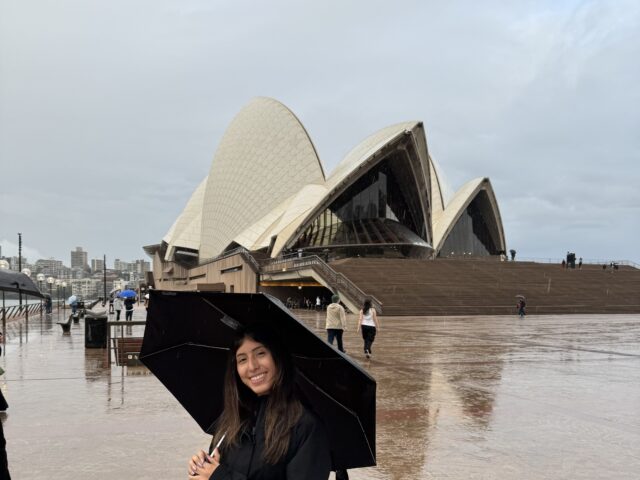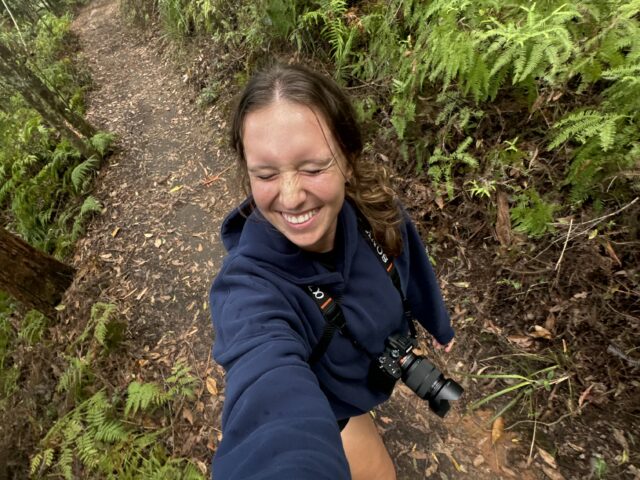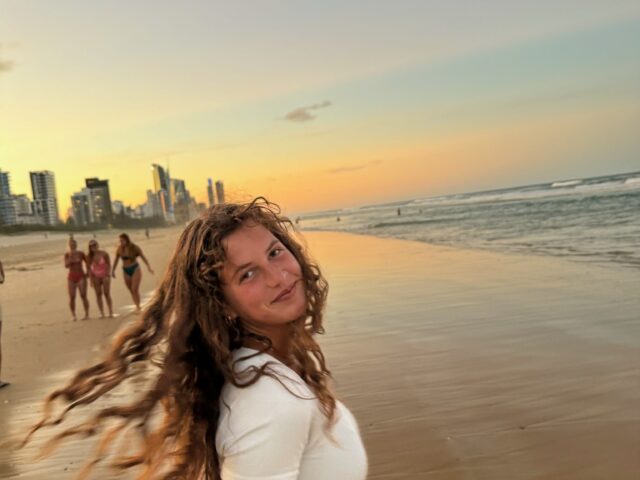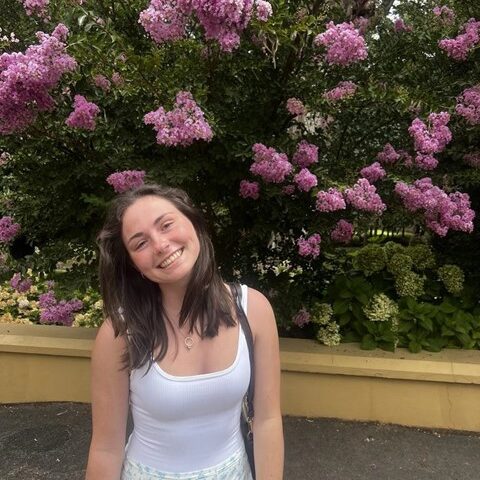Are you considering studying abroad in Australia in the Australian Wildlife & Conservation course? Here Dr. Rosalie Chapple shares some more details on what you can expect throughout this summer program.
Each year this multi-week summer study abroad program offers immersive nature-based experiences in Australia while visiting some of the country’s most significant protected conservation areas. Alongside experiential learning in nature, the course includes an academic program that provides contextual understanding such as the scientific, historical and socio-cultural drivers of conservation problems and their management. Students leave with a deeper connection to nature, coupled with an understanding of environmental issues and their management in Australia.
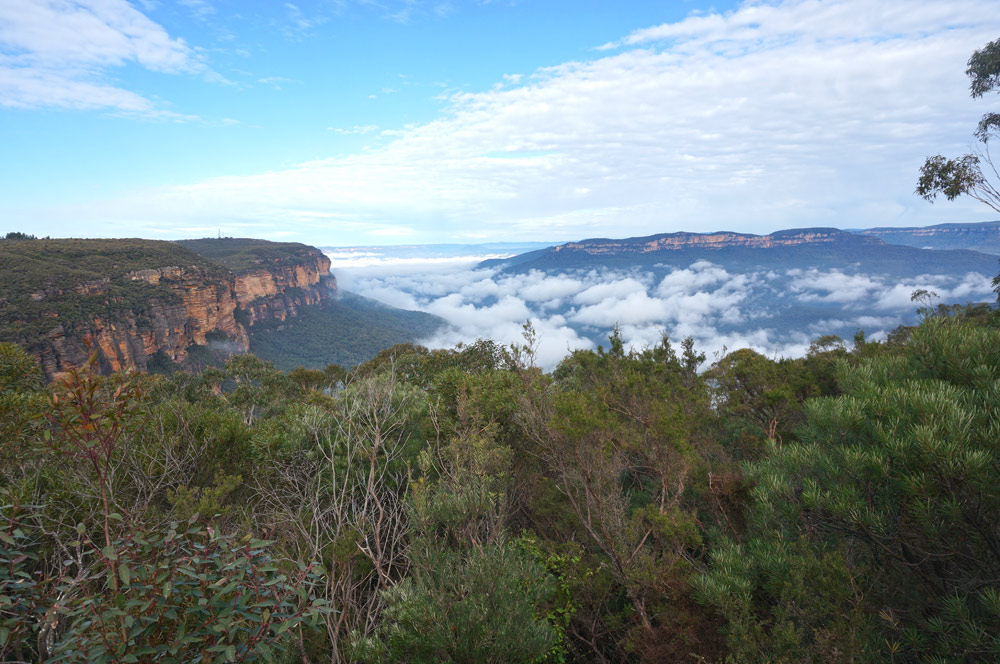
Context
We live in an increasingly human-dominated world where the places for wildlife are shrinking, nature conservation strategies are largely failing, and we are facing the challenges of climate change. Understanding pressing environmental issues and how to address them, demands knowledge of science, culture and history. It also demands a fundamental shift in our sense of relationship with the natural world, from seeing it as a resource to be exploited for human benefit, to a sense of being part of nature and a member of its vast ecology of inter-relationship.
Most people are spending more time in urban settings with rare opportunities to connect to the natural environment. Lack of personal experiences of nature, as well as lack of understanding of Indigenous relationships with nature, limit understanding of environmental problems and appropriate action.
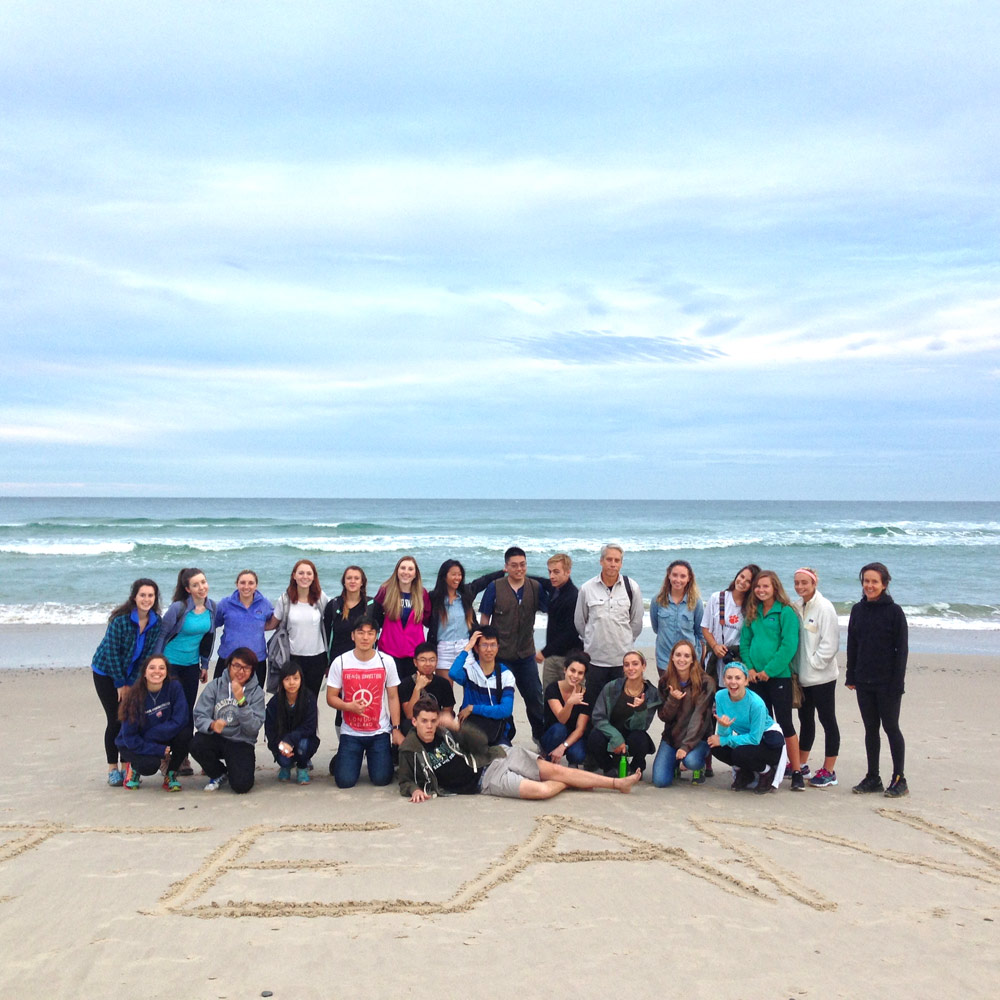
Universities provide limited opportunities for experiential learning in nature as a core element of courses. Science education is dominated by an analytic and instrumental rationality. Yet learning from nature teaches us about ourselves, our mental habits and attitudes, values and beliefs, and such understanding is a core part of understanding the causes of environmental problems.
Learn More about the Australian Environment, Wildlife and Conservation Program
Approach
This university course includes direct and personal experiences in nature while exploring the science, challenges and practice of conserving and managing natural and cultural heritage in the 21st century. Key elements of the course include lectures, fieldwork, guided walks with local experts, and time spent alone in nature that provides students with a personally enriching experience where they gain self-insight along with a fresh understanding of and insight into the natural environment and the ecological crisis. Students are encouraged to think for themselves ‘from the inside out’ about how they feel about nature and its care.
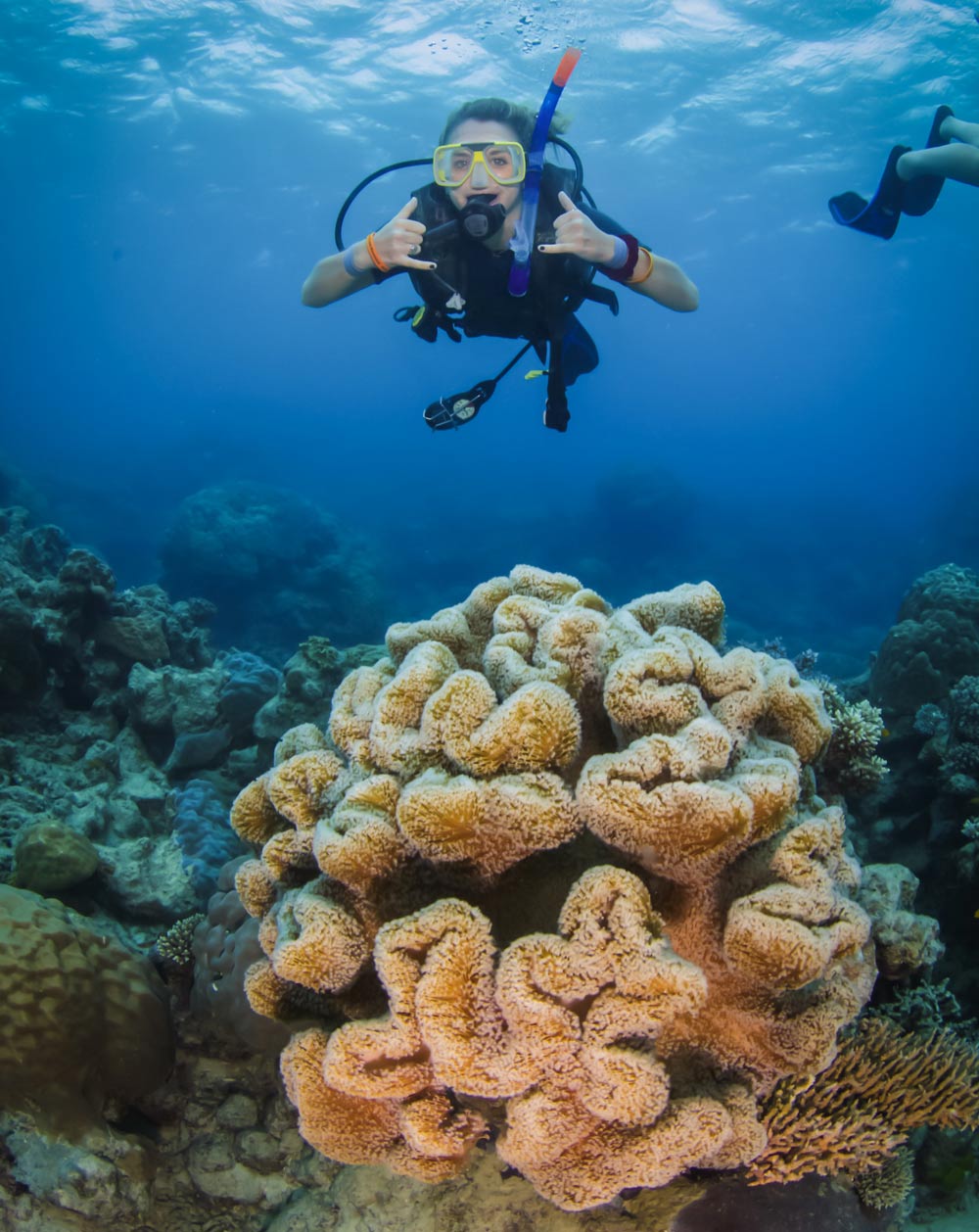
The course addresses conservation management challenges by taking a problem-oriented approach that encourages students to actively exercise their skills in critical thinking and observation, and to integrate diverse multidisciplinary knowledge. The elements of personal experiences of nature immersion have been progressively introduced in recent years, to address the importance of developing an emotional and personal connection to nature. Course leaders have an extensive grounding in science and on-ground conservation that ensures a strong practical focus for the students, as well as experience in guiding practices for attentive awareness in nature.
Outcomes
In addition to standard academic assessment, pre-course baseline metrics for post-course measurements relating to personal experiences of nature are being developed. For the 2016 group, the measures used were word clouds for ‘nature’ and reflective journals. Students recorded words to describe what nature means to them at the start and the end of the program, and the resultant word clouds show the development of a more complex vocabulary to describe the meaning of nature.


Contact TEAN with any questions, or apply now!




